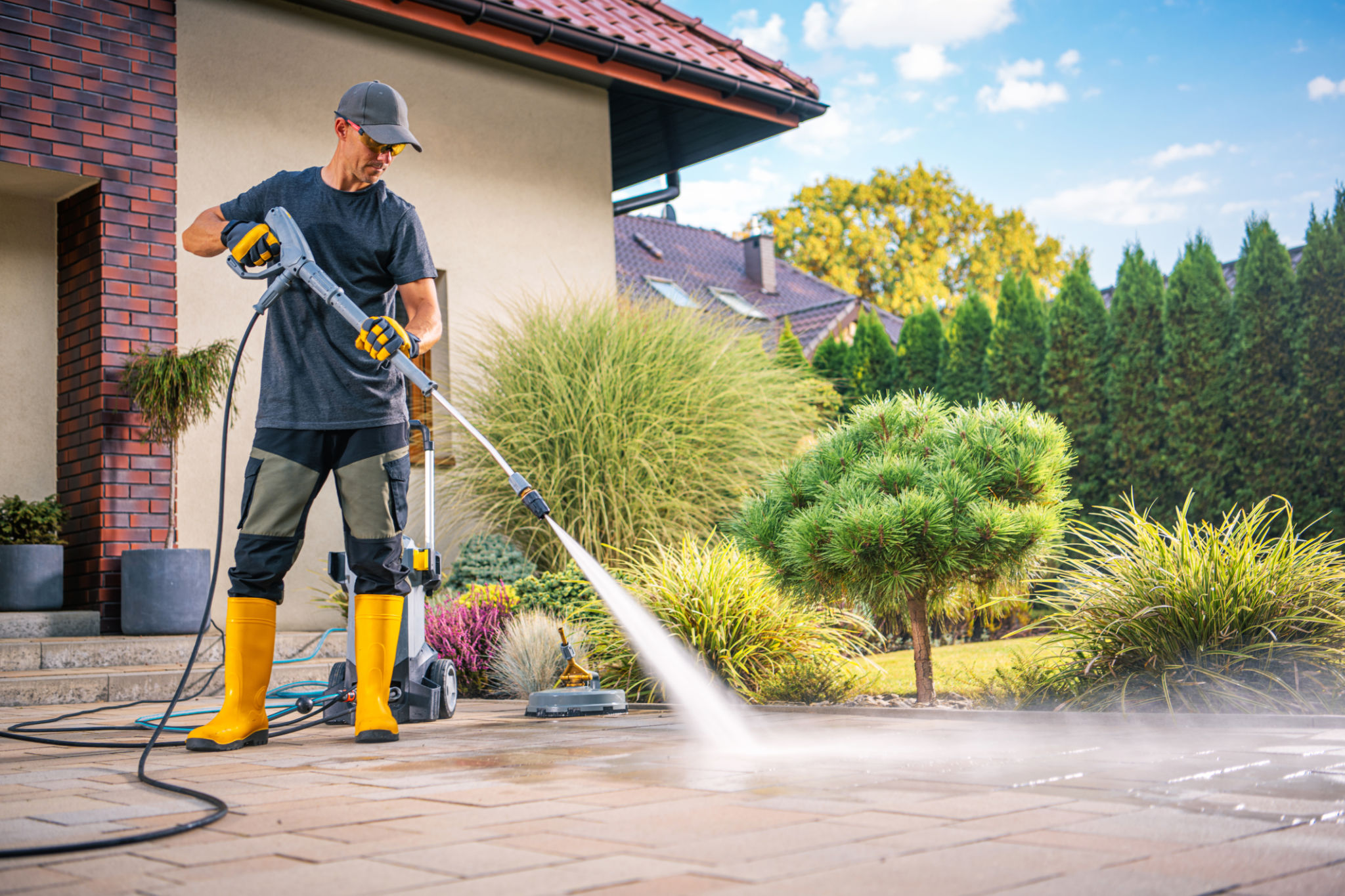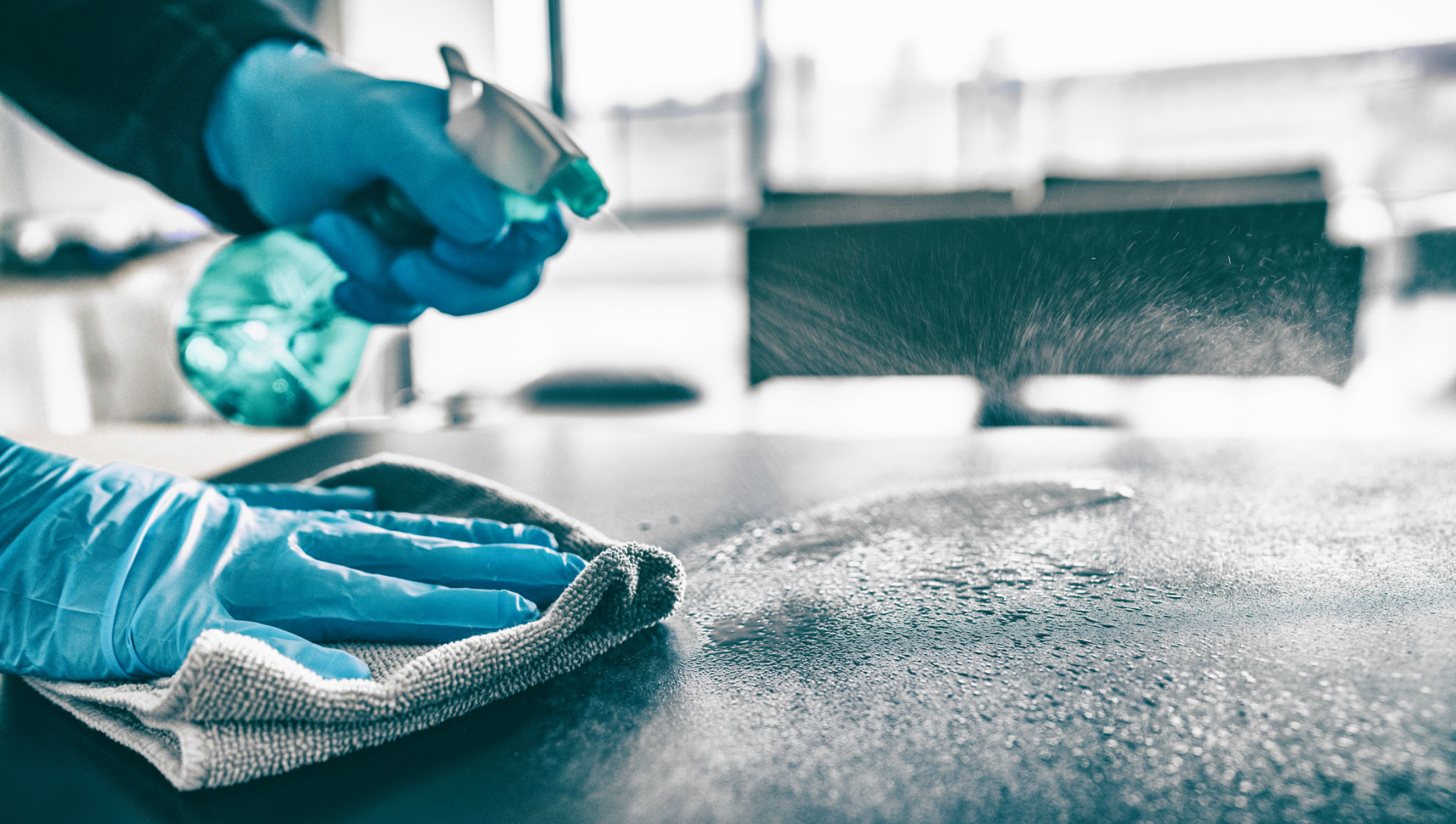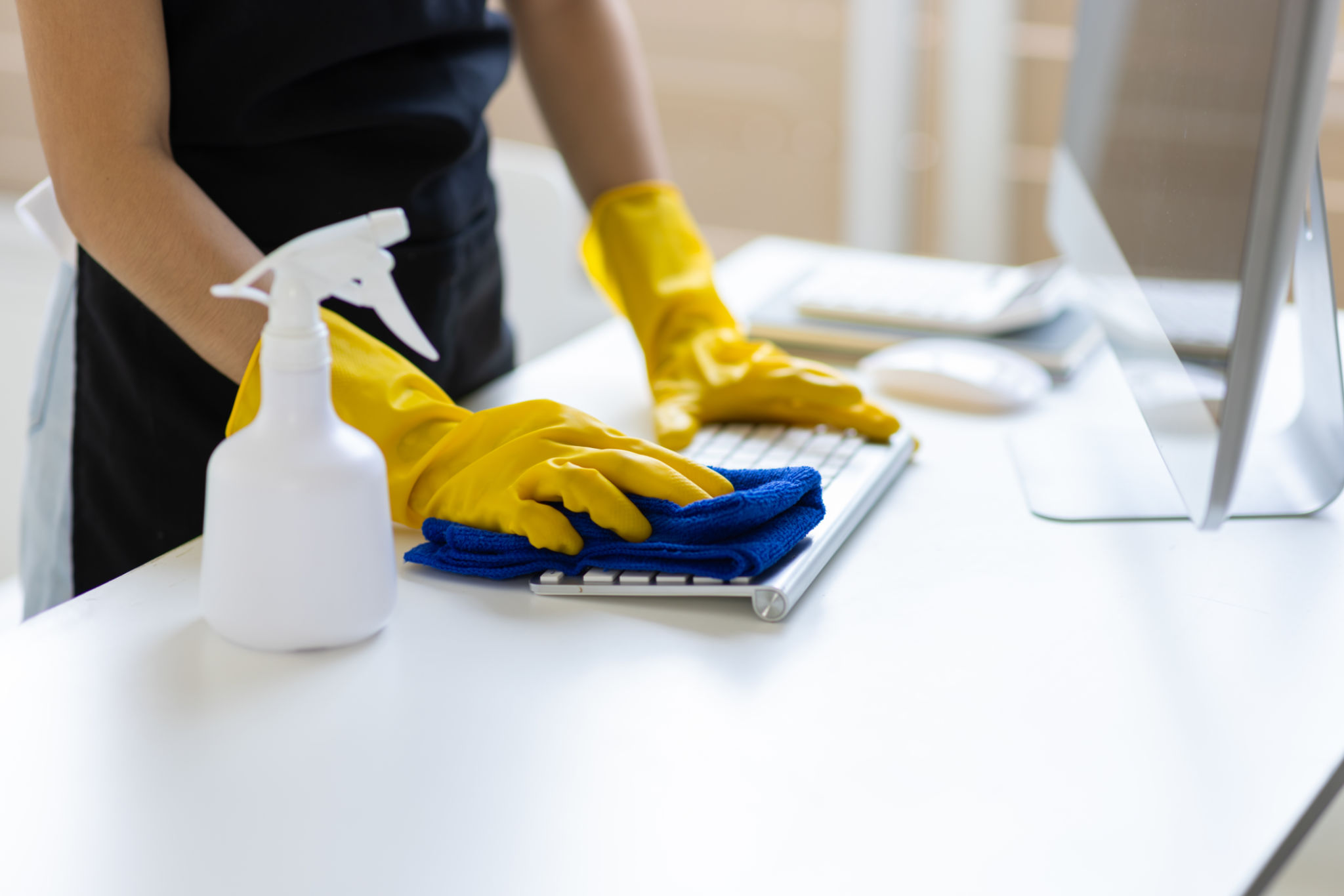Common Myths About Pressure Washing Debunked by Erie County Experts
Understanding Pressure Washing: Separating Fact from Fiction
Pressure washing is a popular method for cleaning various surfaces, but it's often surrounded by misconceptions. To help clear the air, we consulted with experts in Erie County who provided insights into some of the most common myths about pressure washing. By understanding the reality behind these myths, homeowners and business owners can make informed decisions about maintaining their properties.

Myth 1: Pressure Washing Is Only for Outdoor Surfaces
One prevalent myth is that pressure washing is only effective for outdoor surfaces like decks, driveways, and siding. While it's true that these are common applications, pressure washing can also be used indoors. For example, industrial facilities often use specialized pressure washing equipment to clean machinery and large equipment. It's all about using the right pressure and nozzle for the specific surface to ensure a safe and effective clean.
Moreover, pressure washing can be beneficial in preparing surfaces for painting or sealing, both indoors and outdoors. It's essential to consult with a professional to determine the appropriate settings and techniques for indoor applications to avoid damage.
Myth 2: Pressure Washing Damages Surfaces
Another widespread belief is that pressure washing will inevitably damage surfaces. While it's true that improper use can cause harm, this myth is debunked when the task is performed by trained professionals. The key to preventing damage lies in selecting the right combination of water pressure, temperature, and cleaning agent for the specific material being cleaned.
For instance, softer materials like wood require lower pressure and a more gentle touch compared to concrete or brick. Experienced technicians are skilled in adjusting these variables to ensure a thorough clean without causing damage.

Myth 3: All Pressure Washers Are the Same
A common misconception is that all pressure washers are created equal. In reality, there is a wide variety of machines available, each designed for different tasks and surfaces. Residential pressure washers typically have lower pressure outputs and are suitable for smaller jobs around the home. In contrast, commercial-grade units offer higher pressures and are intended for more demanding tasks.
- Residential Pressure Washers: Ideal for small-scale cleaning tasks like patios and vehicles.
- Commercial Pressure Washers: Designed for heavy-duty cleaning on larger surfaces like parking lots and industrial equipment.
The selection of the appropriate machine depends on the task at hand, emphasizing the importance of consulting with experts who can recommend the best solution for your specific needs.
Myth 4: DIY Pressure Washing Is Just as Effective
Many people believe they can achieve professional results with DIY pressure washing. While it's possible to rent or purchase equipment for personal use, there are several factors that professionals account for which the average homeowner might overlook. Incorrect technique or equipment settings can lead to ineffective cleaning or even surface damage.
Professional pressure washers have extensive training and experience, allowing them to tackle tough stains and dirt efficiently while protecting the integrity of your surfaces. Hiring professionals not only ensures a deeper clean but also saves time and reduces the risk of costly repairs.

Conclusion: Trusting the Experts
The myths surrounding pressure washing often deter individuals from taking advantage of this effective cleaning method. By understanding the facts presented by Erie County experts, you can confidently decide when and how to use pressure washing for your property. Remember, consulting with professionals ensures that your surfaces are treated with care and expertise, providing the best possible results.
Whether you're looking to spruce up your home's exterior or maintain commercial spaces, dismissing these myths allows you to harness the full potential of pressure washing without unnecessary concerns.
